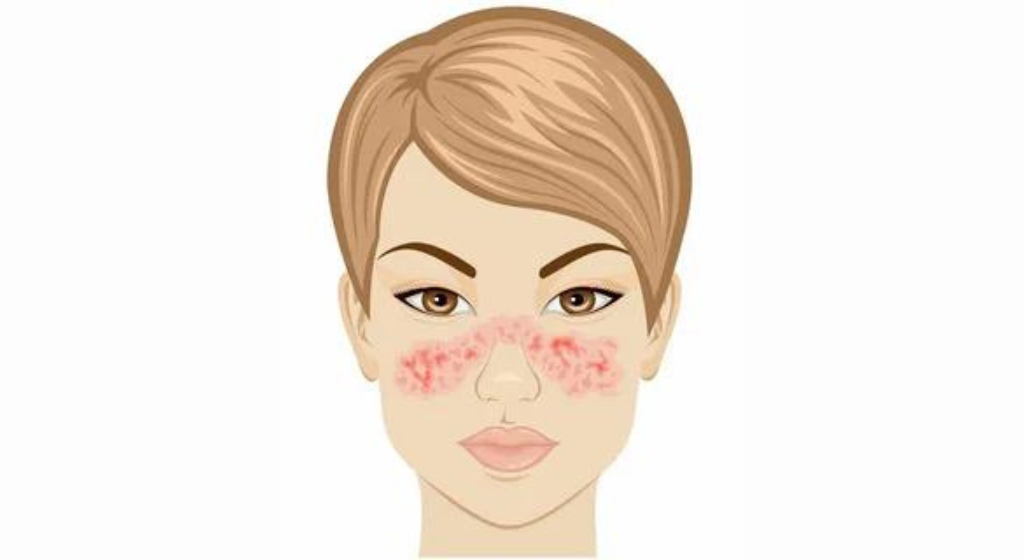Early warning signs of lupus you need to know
Understanding Lupus: A Comprehensive Overview
Lupus, officially known as lupus erythematosus, is a chronic autoimmune disorder characterized by the immune system mistakenly attacking the body’s own cells and tissues. This misguided immune response leads to inflammation that can affect various organs, including the skin, joints, heart, lungs, kidneys, and blood cells.
Is Lupus Fatal?
While lupus can have serious health implications, it is not inherently fatal. The disease predominantly affects women, particularly those of childbearing age, though it can impact individuals of any gender or age. Historically, lupus was viewed as a severe illness with dire consequences. However, advancements in diagnostic techniques and treatment options have transformed the disease management landscape. Today, many individuals with lupus can lead full, active lives, managing their symptoms effectively.
Types of Lupus Erythematosus
Lupus is categorized into several types, each with distinct characteristics:
- Systemic Lupus Erythematosus (SLE): This is the most common and severe form of lupus, affecting multiple systems within the body. SLE can cause a wide range of symptoms, including fatigue, joint pain, skin rashes, and organ dysfunction. It primarily impacts the skin, joints, kidneys, lungs, and blood.
- Discoid Lupus Erythematosus (DLE): Also known as cutaneous lupus, DLE primarily affects the skin. Patients typically develop circular, disc-shaped rashes on the face, neck, and scalp. While it is less severe than SLE, a small percentage of those with discoid lupus may later develop systemic lupus erythematosus.
- Drug-Induced Lupus: This form of lupus is triggered by certain medications. Symptoms are similar to those of systemic lupus but usually resolve after discontinuing the offending drug.
- Neonatal Lupus: This rare condition occurs in newborns whose mothers have lupus. It is associated with maternal antibodies that can pass through the placenta, leading to skin rashes, blood disorders, or heart issues in the infant. The symptoms typically resolve within a few months after birth.
Symptoms of Lupus
Lupus presents a wide array of symptoms that can vary significantly from person to person. Common symptoms include:
- Fatigue
- Joint pain and swelling
- Skin rashes, particularly a butterfly-shaped rash across the cheeks and nose
- Photosensitivity (sensitivity to sunlight)
- Chest pain
- Hair loss
- Kidney problems
These symptoms may come and go, often flaring up during periods of stress or illness.
Living with Lupus
Effective management of lupus involves a combination of medication, lifestyle adjustments, and regular medical check-ups. Patients are often prescribed anti-inflammatory drugs, corticosteroids, and immunosuppressants to help control symptoms and prevent flare-ups. Lifestyle changes, such as a balanced diet, regular exercise, and stress management techniques, can also play a crucial role in improving quality of life.
Conclusion
While lupus can pose significant health challenges, advances in medical science have greatly improved the prognosis for those living with the disease. Awareness and education about lupus are essential for early diagnosis and effective management. If you or someone you know is experiencing symptoms consistent with lupus, it is vital to seek medical advice for an accurate diagnosis and appropriate treatment plan.


